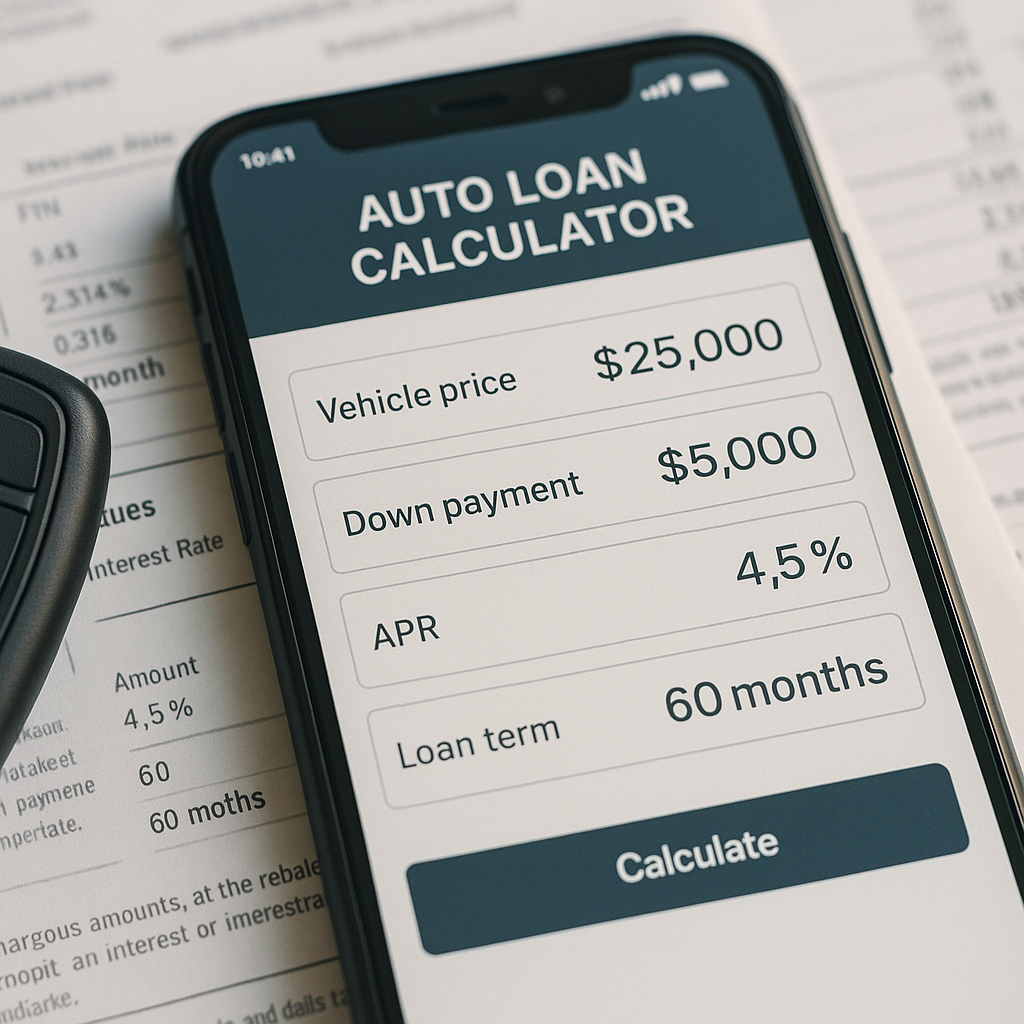Understanding Fuel Efficiency
Fuel efficiency is a critical aspect of modern driving, influencing both the economic and environmental impact of your vehicle. It refers to how effectively your vehicle converts fuel into distance traveled, often measured in miles per gallon (MPG) or liters per 100 kilometers (L/100km). The higher the MPG or the lower the L/100km, the more fuel-efficient your vehicle is. Optimizing fuel efficiency is essential for reducing fuel costs, minimizing carbon emissions, and improving overall vehicle performance.
Why Fuel Efficiency is Essential for Every Driver
Fuel efficiency is more than just a number; it’s a key factor in the overall cost of vehicle ownership. A fuel-efficient vehicle consumes less fuel, which translates to fewer trips to the gas station and more money saved. Over time, these savings can add up significantly, especially for those who drive frequently. Additionally, vehicles with better fuel efficiency tend to produce fewer greenhouse gases, making them a more environmentally friendly option. As the global push for sustainability grows, fuel efficiency has become a crucial consideration for every driver.
The Environmental Impact of Fuel Efficiency
Improving fuel efficiency is one of the most effective ways to reduce your carbon footprint. Vehicles that use fuel more efficiently emit less carbon dioxide and other harmful pollutants. This reduction in emissions helps combat climate change and contributes to cleaner air. By prioritizing fuel efficiency, drivers can play a significant role in protecting the environment and promoting sustainable practices.
How to Improve Fuel Efficiency: Tips and Tricks
There are several strategies you can implement to improve your vehicle’s fuel efficiency:
1. Regular Vehicle Maintenance
Keeping your vehicle in peak condition is crucial for maximizing fuel efficiency. Regular maintenance tasks, such as checking and maintaining proper tire pressure, replacing dirty air filters, and ensuring that your engine is running smoothly, can all contribute to better fuel economy. A well-maintained vehicle not only performs better but also uses fuel more efficiently.
2. Smart Driving Techniques
Your driving habits have a direct impact on fuel efficiency. Aggressive driving behaviors like rapid acceleration, hard braking, and speeding can significantly reduce your vehicle’s fuel efficiency. By adopting a more relaxed driving style—maintaining a steady speed, avoiding unnecessary idling, and using cruise control on highways—you can improve your vehicle’s fuel efficiency and save on fuel costs.
3. Reducing Vehicle Weight and Drag
The weight of your vehicle affects its fuel efficiency. Carrying unnecessary items in your car adds extra weight, which forces the engine to work harder and consume more fuel. Removing excess weight and avoiding the use of roof racks or other attachments that increase aerodynamic drag can lead to noticeable improvements in fuel efficiency.
4. Choosing Fuel-Efficient Tires
Not all tires are created equal when it comes to fuel efficiency. Tires with lower rolling resistance require less energy to maintain motion, which means the engine doesn’t have to work as hard, resulting in better fuel efficiency. Investing in fuel-efficient tires is a simple yet effective way to enhance your vehicle’s overall efficiency.
5. Using the Right Type of Fuel
Using the recommended grade of fuel for your vehicle can also impact fuel efficiency. Some vehicles are designed to run on premium gasoline, while others operate just as efficiently on regular unleaded fuel. Always refer to your vehicle’s owner manual to ensure you’re using the correct fuel type, as this can make a difference in fuel efficiency.
The Long-Term Benefits of Fuel Efficiency
Maximizing fuel efficiency offers numerous long-term benefits. Financially, the savings on fuel costs can be substantial, especially if you drive long distances regularly. Environmentally, higher fuel efficiency means lower emissions, which contributes to cleaner air and a healthier planet. Additionally, maintaining good fuel efficiency can extend the lifespan of your vehicle, reducing the need for costly repairs and replacements over time.
Conclusion: Prioritize Fuel Efficiency for a Better Driving Experience
Fuel efficiency is a crucial factor in modern driving, affecting everything from fuel costs to environmental impact. By understanding the importance of fuel efficiency and taking steps to improve it, drivers can enjoy significant savings, reduce their carbon footprint, and extend the life of their vehicles. Whether through regular maintenance, smart driving habits, or investing in fuel-efficient tires, there are many ways to enhance fuel efficiency and reap the benefits of a more economical and sustainable driving experience.
Frequently Asked Questions (FAQs)
1. What is fuel efficiency?
Fuel efficiency is a measure of how effectively a vehicle uses fuel to travel a certain distance. It is typically expressed in miles per gallon (MPG) or liters per 100 kilometers (L/100km).
2. Why is fuel efficiency important?
Fuel efficiency is important because it reduces fuel costs, lowers greenhouse gas emissions, and enhances the overall performance and lifespan of your vehicle.
3. How can I improve my vehicle’s fuel efficiency?
You can improve fuel efficiency by maintaining your vehicle regularly, adopting smart driving habits, reducing excess weight, using fuel-efficient tires, and selecting the right type of fuel.
4. Does driving speed affect fuel efficiency?
Yes, driving at higher speeds typically reduces fuel efficiency. Maintaining a steady, moderate speed is generally more fuel-efficient than speeding or rapid acceleration.
5. Can tire pressure impact fuel efficiency?
Absolutely. Under-inflated tires create more rolling resistance, which forces the engine to work harder and reduces fuel efficiency. Keeping tires properly inflated helps improve fuel economy.
6. Is it better to use regular or premium fuel for fuel efficiency?
Use the fuel type recommended by your vehicle’s manufacturer. Using premium fuel in a vehicle designed for regular fuel generally does not improve fuel efficiency.
7. Do hybrid or electric vehicles have better fuel efficiency?
Yes, hybrid and electric vehicles typically offer better fuel efficiency than traditional gasoline-powered vehicles, as they rely on electric power for part or all of their operation.
8. How does vehicle weight affect fuel efficiency?
Heavier vehicles require more energy to move, which increases fuel consumption and reduces fuel efficiency. Reducing unnecessary weight can help improve fuel economy.
9. What is the relationship between fuel efficiency and emissions?
Higher fuel efficiency usually means lower emissions. Vehicles that use less fuel produce fewer greenhouse gases, which helps reduce environmental impact.
10. How often should I check my vehicle’s fuel efficiency?
It’s a good idea to monitor your vehicle’s fuel efficiency regularly, especially after maintenance or changes in driving habits. This can help you identify issues early and maintain optimal fuel economy.




4 thoughts on “Fuel Efficiency: Maximizing Performance and Savings”
Thank you for your sharing. I am worried that I lack creative ideas. It is your article that makes me full of hope. Thank you. But, I have a question, can you help me? https://accounts.binance.info/sl/register?ref=PORL8W0Z
I don’t think the title of your article matches the content lol. Just kidding, mainly because I had some doubts after reading the article.
Your article helped me a lot, is there any more related content? Thanks!
Thank you for your sharing. I am worried that I lack creative ideas. It is your article that makes me full of hope. Thank you. But, I have a question, can you help me?